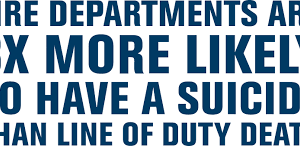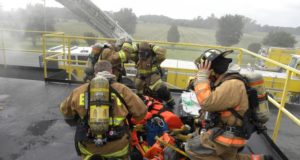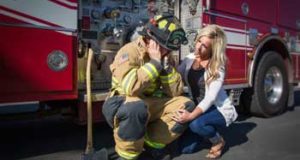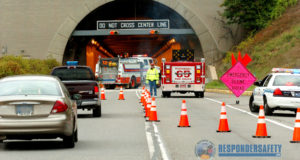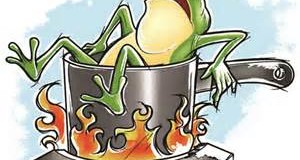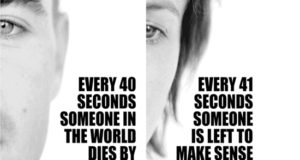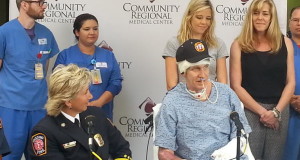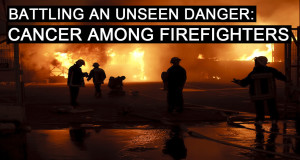I'm also not sure how these five topics address "back to basics." To my mind, this year's Safety Stand Down should be using the five days to address firefighter safety issues that continue to plague the fire service across the board after decades (e.g., lack of seatbelt use, lack of accountability systems, not wear PPE correctly or appropriately). Building the Foundation of a Training Program; Assessing the Needs of the Community and Department; Safety During Training; Physical and Behavioral/Mental Health Considerations; and the 12 Foundations of Fire Department Training.
Read More »Tag Archives: firefighter deaths
How to declare and respond to an off-duty mayday
The driving force behind the Firefighter Health and Wellness Conference is Brothers Helping Brothers (BHB), a tax-exempt 501(c)(3) organization, founded in 2014. Since its launch, BHB has given out 14 grants to advance its mission of “Helping Small and Rural America, One Fire Department at a Time,” to fire departments in Ohio and surrounding states. The genesis for the conference, according to Nick Magoteaux, founder and co-director of BHB, came in early 2018: “I was doing a fire EMS conference then, and I saw that there was a lot of interest in firefighter cancer. But not much on mental health. So, I got to thinking that mental health was a topic that needed attention.”
Read More »Are firefighter MAYDAYS becoming too frequent?
Does your fire department have a written firefighter mayday procedure (SOG)? If not, you should be asking why not? If it does, how skilled and practiced are you and your peers at following the procedure in the event you find yourself in a mayday situation?
Read More »Firefighter Suicides Should Be Classified as LODDs
I want to see this change, because that's the only way we'll ever be able to move forward with healing the trauma that's the root cause in many of these suicides. Firefighters and other emergency responders (e.g., law enforcement officers, EMTs and paramedics, and public safety telecommunicators, aka, dispatchers) to coroners need better education and tools to deal w
Read More »Why isn’t every week safety week in Fire and EMS?
How many of our leaders are taking the information from NIOSH Firefighter Fatality Reports and using that information to take a good, hard and objective look at their organization and asking the tough question, "What are we doing to prevent this from happening here?
Read More »Interior Firefighting is Becoming Obsolete—We Just Don’t Know It
I’m not saying that firefighting as a whole is becoming obsolete, but I am proposing that we need to get out of the “pot” before we become boiled. Our approach to interior structural firefighting needs some serious restructuring lest we will only see more firefighters encountering flashovers upon arrival, structures weakened to their collapse point before firefighters arrive, and firefighters developing cancers more frequently from airborne and skin exposure hazards.
Read More »Firefighter Health: Less talk and more action is required
I’ve always believed that the most important aspect of better firefighter health and safety is the person who uses the equipment: the firefighter. The personal behaviors of the individual firefighter will always have the greatest influence on firefighter health and safety.
Read More »The Stigma of Firefighter Suicide
So how do we in the fire service become better at recognizing that one of our own is “drowning”? How do we get better at asking for help? How do we get better at providing help?
Read More »Changing Safety Behaviors: How Long Will it Take?
The necessary changes in the way that fire departments operate to reduce firefighter deaths and injuries continues to move at a "glacial pace." How long before we really change our safety behaviors?
Read More »Firefighters and Cancer
A powerful piece of prose about one firefighter's "come to Jesus" moment with firefighters and cancer. An equally powerful message about how everyone in the fire service needs to "get on the bus" concerning firefighting and the dramatically increased risk of developing cancer we--and our families--face.
Read More » Fire & EMS Leader Pro The job of old firefighters is to teach young firefighters how to become old firefighters!
Fire & EMS Leader Pro The job of old firefighters is to teach young firefighters how to become old firefighters!

